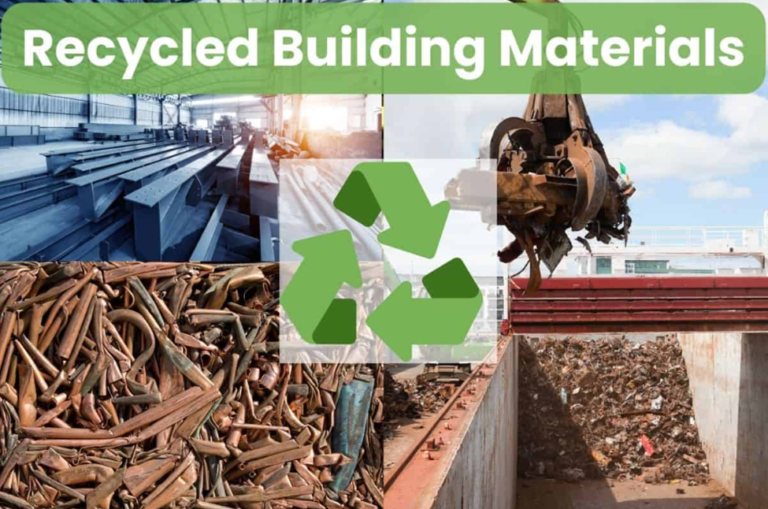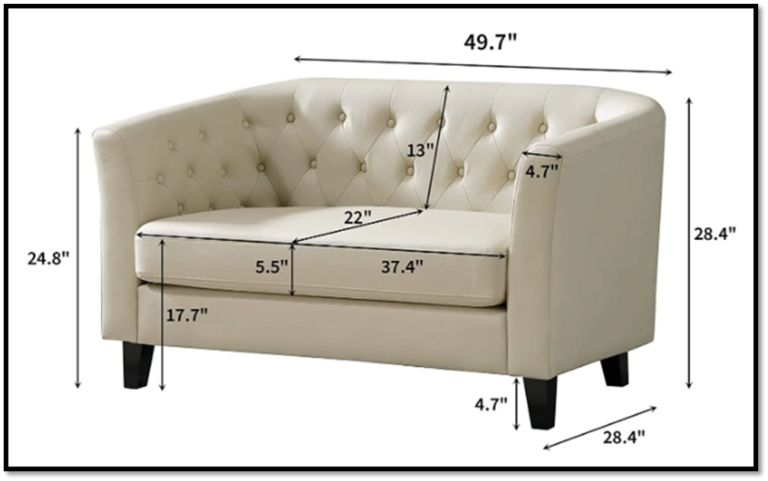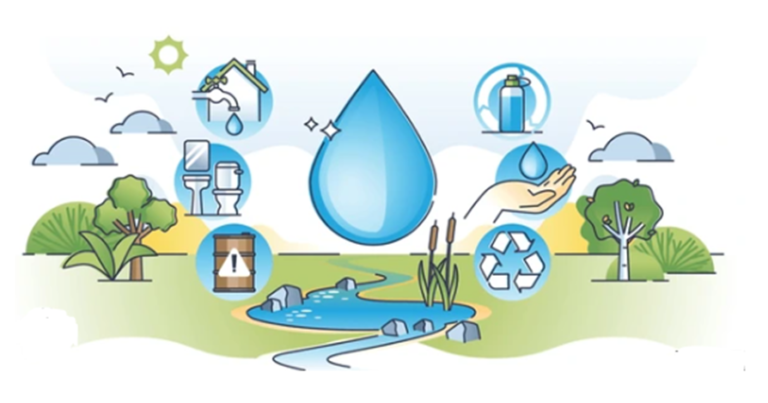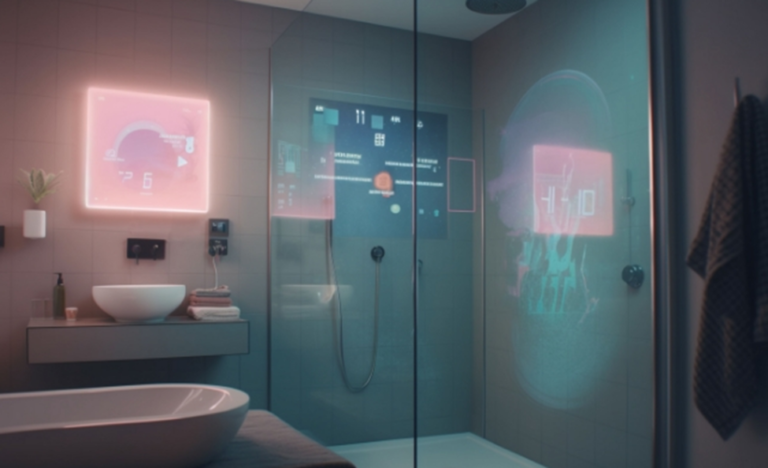How to Fix the Most Common Plumbing Problems in Buildings
Plumbing issues are still the main issues in 2024. Both homes and workplaces face with leaks, clogs, and low water pressure. Advance monitors aids to identify the problems quickly. However, old setups of plumbing still making challenges. Regular maintenance and advancements are very important to avoid expensive damages.

Clogged Drains
Clogged drains are very common. Hair, grease, and food cause blockages. Regular cleaning can prevent this issue. Use a drain cover. Remove visible debris frequently. For minor clogs, use a plunger. A mixture of vinegar and baking soda helps. Pour boiling water afterward. For severe clogs, use a plumber’s snake. This tool reaches deep blockages. If unresolved, call a professional plumber.
Leaky Faucets
Leaky faucets waste water. They also cause increased water bills. Worn-out washers are a common cause. First, turn off the water supply. Disassemble the faucet carefully. Replace the damaged washer. Reassemble the faucet. Turn on the water supply. Check if the leak is fixed. If leaking continues, consult a plumber.
Running Toilets
Running toilets are annoying. They waste a lot of water. A faulty flapper is often the cause. First, remove the toilet tank lid. Check the flapper’s condition. Replace if it’s worn or damaged. Adjust the chain length if necessary. Ensure the flapper seals properly. If the issue persists, check the fill valve. Adjust or replace it if needed.
Low Water Pressure
Low water pressure is frustrating. It makes daily tasks difficult. Mineral buildup in pipes is common. Check the faucet aerators. Clean or replace them. Inspect the showerhead. Soak it in vinegar overnight. This removes mineral deposits. If unresolved, check the main water valve. Ensure its fully open. Persistent issues may require a plumber.
Water Heater Problems
Hot water issues in the plumbing system are very problematic. Sediment buildup can disturb the efficiency. To fix this problem firstly drain the tank completely. Eliminate any noticeable sediment. Refill the tank again and switch on the heater. Set the required temperature. It will be around 120oF (49oC). For complex issues one should call the professionals.
Burst Pipes
Burst pipes cause huge damage. They need quick consideration. Switch off the fundamental water supply. Open all faucets to extract water. Find the burst pipe. Utilize a pipe fix clamp until to recover. Call an expert plumber for permanent fix. Use insulated pipes to avoid future bursts.
Slow Draining Sink
A slow draining sink is problematic. It often indicates a clog. Use a plunger first. If ineffective, try a plumber’s snake. Chemical drain cleaners can be used sparingly. They can damage pipes if overused. Regular cleaning can prevent slow drains.
Sewer System Backup
Sewer backups are serious. They cause health hazards. Blockages or tree roots are common causes. Avoid flushing non-degradable items. Regularly inspect sewer lines. For backups, call a professional plumber immediately. They have specialized equipment.
No Hot Water
No hot water disrupts daily life. Check the water heater first. Ensure it’s on and settings are correct. Inspect the pilot light for gas heaters. Relight if necessary. For electric heaters, check the circuit breaker. Reset if tripped. Persistent issues need a technician.
Dripping Pipes
Dripping pipes waste water. They can cause mold. Check pipe connections. Tighten any loose fittings. Use pipe sealant tape for minor leaks. For persistent drips, replace the section of the pipe. Insulate pipes to prevent future drips.
Water Stains on Ceilings
Water stains show leaks. They damage the whole building. check the pipes over the stain. Check for noticeable leaks. Fix the source right away. change damaged roof material. If unsettled, call an expert plumber.
Garbage Disposal Issues
Garbage disposals can jam. They can also clog the sink. Avoid putting hard or fibrous items in them. Use cold water while operating. If jammed, turn off the unit. Use a wrench to free the blades. Reset the disposal. For persistent issues, call a technician.
Foul Odors
Foul odors indicate plumbing issues. They can come from drains or pipes. Check for trapped food or debris. Clean the affected area. Use baking soda and vinegar. Rinse with hot water. If odors persist, check the vent pipes. Ensure they’re not blocked. Persistent smells may require a plumber.
Frozen Pipes
Frozen pipes burst easily. They disrupt water supply. Insulate pipes before winter. If frozen, turn off the water supply. Use a hairdryer to thaw pipes slowly. Never use an open flame. Gradually restore water flow. For severe cases, call a professional plumber.
Conclusion
Plumbing issues are normal in houses and offices. Consistent care can stop many issues. Some issues are simple to fix but some require professional help. Early finding is the key to solution. Appropriate plumbing guarantees a secure and function building.
FAQ’s
What causes clogged drains and how can I fix them?
How can I stop a leaky faucet?
What should I do if my toilet is running continuously?
What steps should I take if a pipe bursts in my building?
How can I resolve slow draining sinks?
Why am I not getting hot water, and what can I do?
How can I fix dripping pipes in my building?
What should I do if I notice water stains on the ceiling?
How can I eliminate foul odors from plumbing? How should I handle frozen pipes in my building?






